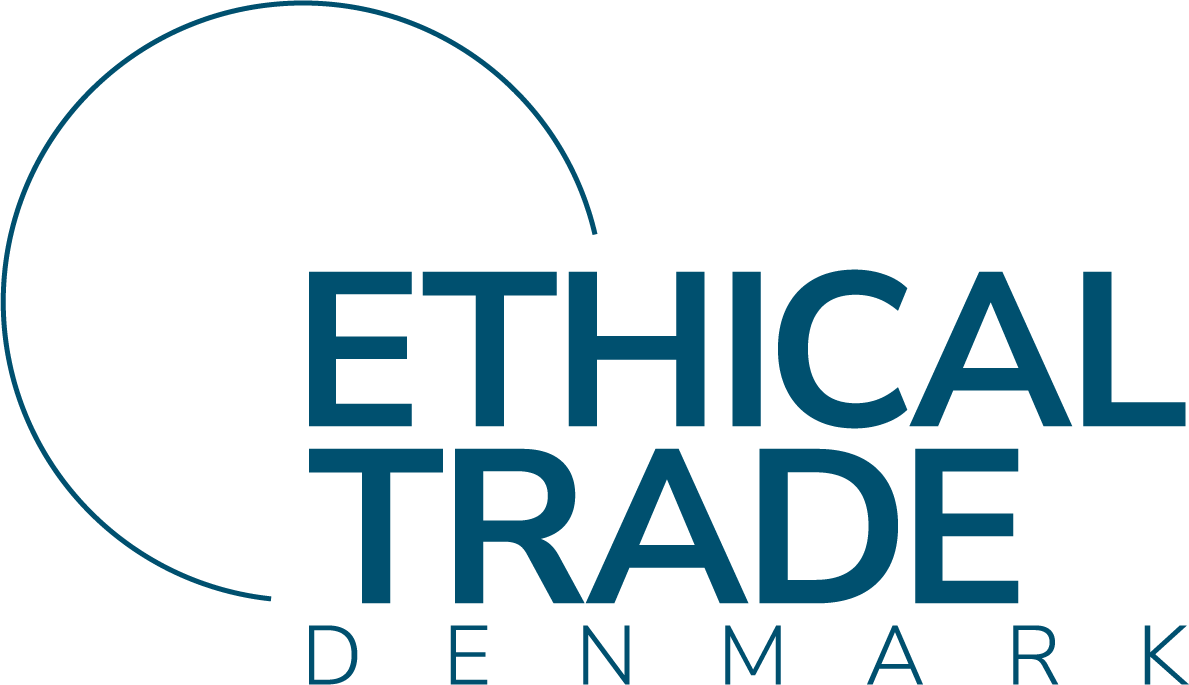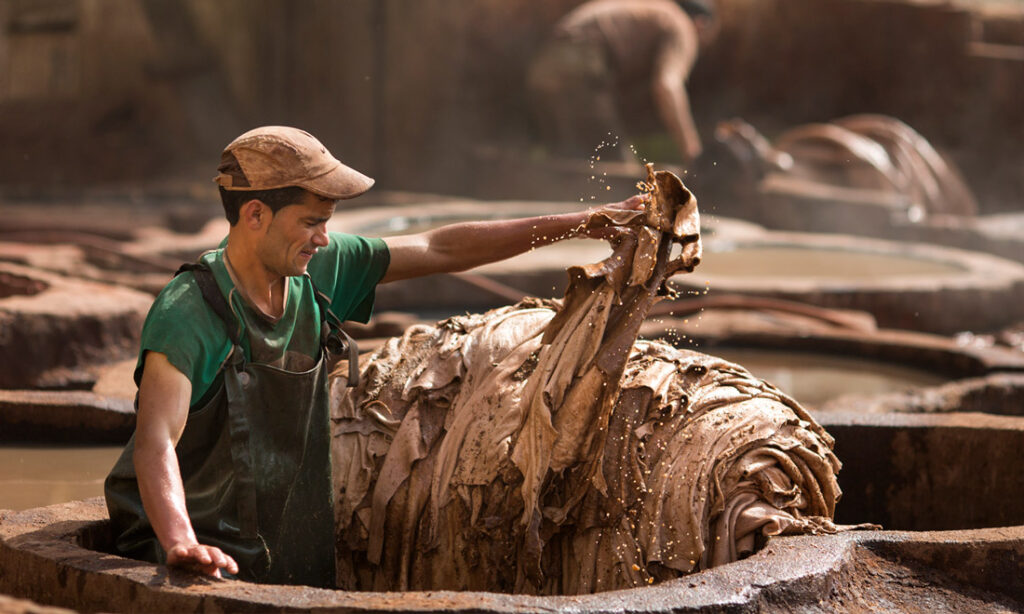Prevent, minimize, and remediate negative impacts on people, environment and climate
Company practices and supplier setup
Purchasing practices
Performing due diligence is about looking inwards, honestly and critically considering how company processes and practices affect human rights positively as well as negatively.
It is detrimental, for example, if a CSR manager pressures the supplier with demands for plans of action, certifications and better working conditions, while the purchasing department is negotiating hard on price and delivery time. Pressuring a supplier on price often affects the people who work at production sites or further out in the value chain.
Therefore, you must consider your own practices and price negotiations to ensure that your actions do not adversely affect human rights and environment. A dialogue with your customers about price or last-minute order changes may also be necessary in order to create an understanding of why, for example, demands for additional price reductions may adversely affect vulnerable people, or why they can not choose an eco-certified material at a desired price.
Streamline and simplify your supplier portfolio
Simplifying a value chain with fewer suppliers and intermediaries may be advantageous. This promotes closer cooperation with your suppliers, and reduces the number of risk assessments, plans of action and follow-ups needed.
The more intermediaries, the harder the monitoring of the value chain.
Criteria for selecting new suppliers
When performing due diligence, setting up criteria that suppliers must meet can be a good idea.
Taking human rights into account from the start creates clarity for the supplier and provides a good starting point for new supplier relationships. Be aware that making changes in important conditions with a supplier later in the process can be extremely difficult.
Such criteria may include general policies on human rights, environment and climate , as well as obligations for the parties to work within a structured framework with the largest risk areas.
The next step is to make action plans. Read more here
Cases fra små og mellemstore virksomheder i fødevareklyngen
‘By Malene Birger’ uses material guide for overview and prioritisation
SKAGERAK: Concrete measurements provide valuable overview
About this guide
This guide is aimed at small and medium-sized businesses - i.e. companies with 2 to 250 employees, across industries. Human rights due diligence is relevant whether you are in the B2C or B2B market, import, export or have your own production in Denmark.
The purpose of the guide is to help SMEs in their work with human rights, environmental and climate due diligence - regardless of company size and resources. The guide provides inspiration on where to start and how to strengthen your current processes.
The guide has been prepared by Ethical Trade Denmark. A first version of the guide - focused on human rights and targeted at the food cluster - was developed in collaboration with the Danish Agriculture & Food Council and Arla, co-financed by the Danish Business Authority.
The guide may not be modified, reproduced or translated without prior written agreement with Ethical Trade Denmark. The guide may only be used in educational contexts with clear credit to Ethical Trade Denmark, including a clear logo.



